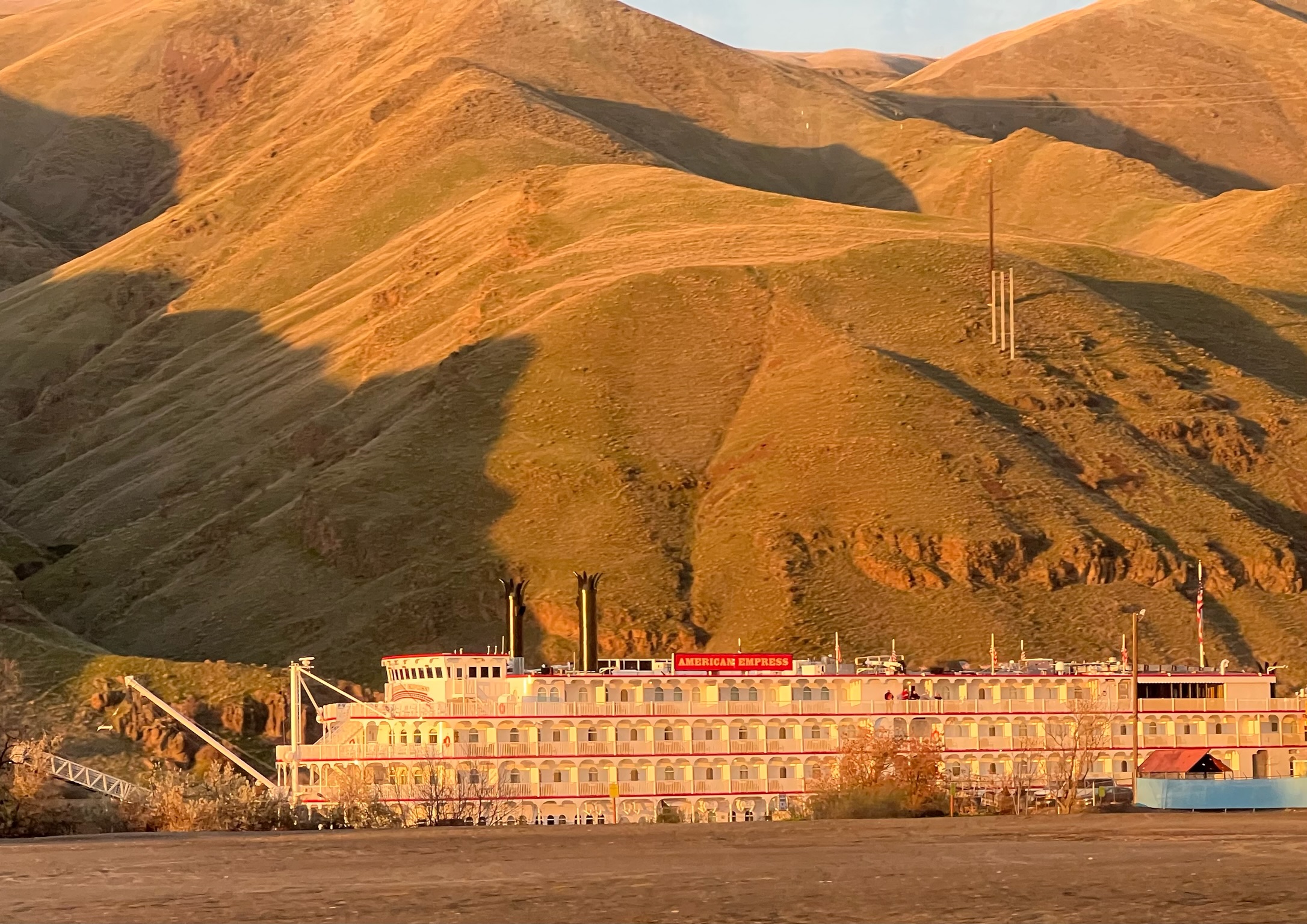Whiskey played an important role in frontier life in America. This remained true for the most part, as the American frontier moved westward through the 18th and 19th centuries. It was the improvement of technology and the American economy that ended this importance. Here are some of the reasons whiskey was so important to frontier Americans.
There was an economical need for making whiskey. Whether it was rye whiskey in western Pennsylvania or corn whiskey and Bourbon in Kentucky, whiskey making was an important economic engine on the frontier in the 18th century. These regions grew grain in surplus of what could be used locally, but the transportation of grain to eastern markets was expensive unless the grain was reduced to a smaller volume by fermentation and distillation. It would take improvements in transportation such as the steamboat and railroad to eliminate this reason, and even then, towns isolated from the railroad lines still depended upon making whiskey for trade rather than transporting excess grains produced by the farmers in their neighborhood.
Whiskey was also used for bartering in the 18th century. Money was hard to come by on the frontier and the paper money of the day was almost worthless. Trading a gallon of whiskey for supplies was common in the 18th century. Even well into the 19th century, barrels of whiskey could be used to purchase land. As the United States improved the monetary system and hard currency became more available, whiskey became less used as barter, but became an important collateral for loans. After the 1860s, warehouse receipts were often used to secure loans and were traded between individuals. Whiskey continued to play an important role in not just the frontier economy, but the economy as a whole.
The next reason whiskey was important was for medical use. There were very few medicines available on the frontier and whiskey was used to treat colds and fevers, muscle aches, digestive problems and a multitude of other illnesses. Even temperance people often kept a bottle of brandy in their medicine cabinet. The use of whiskey and other distilled spirits was common up to the time of the repeal of Prohibition. Any substance that eased pain such as alcohol was seen as a vital medicine. It was not until the 1930s and the Second World War that the growth of the pharmaceutical industry gave people other alternatives for treating illness.
Finally, whiskey was an important social lubricant. Every time there was a barn raising, a wedding, a funeral, or other social event, someone brought some whiskey. Whether it was a jug of new make whiskey to add to the punch or some aged whiskey to drink neat, whiskey helped make the occasion more pleasant. The temperance movement dampened this practice in some social circles, but it has survived as an important custom to this day.
Whiskey was a major part of frontier life. It was important to the frontier economy, the health and to the social life of the American pioneers. It made a life that was full of hardships easier to bear. Whiskey was in many ways, “The Water of Life” to the people making a living of America’s frontier.

Photos from the archives of MIchael Veach














January 26, 2021 at 3:46 pm
Whisky can also be used to kill pathogens in drinking water. Which is kind of a big deal when you’re getting your water from a creek. (Or if you were living in cities, where wells and outhouses were mere feet apart.)
January 26, 2021 at 5:10 pm
In small towns of KY on Election Day whisky availability was often used by politicians to make sure their “stay at home supporters” got to the voting place to vote. Whisky seem to flow on Election Day.
January 26, 2021 at 9:30 pm
Whiskey was so important to frontier life that when Federal troops suppressed Missouri supplies into Indian Country — pretty much all the West in the 1820s — a new distilling industry sprang up in Mexico’s far northern Taos County, an industry created by distillers displaced from Missouri by that suppression. Trappers and traders — and Indians too –eagerly embraced these Mexican supplies of the famous — and infamous — Taos Lightning. The annual Taos Fair rendezvous was well lubricated indeed, and Simeon Turley’s operation grew so large that his supplies traded as far away as Vancouver in what would later become Canada’s British Columbia. With the craft distilling movement, permitted distilleries are now opening up in Taos County, expanding on long local traditions of turning harvests and forage into beers, wines and the so-called mula — Spanish for mule because that’s how it kicks!
January 27, 2021 at 2:29 am
Enjoyed this article. That’s a big part of all those good old Western movies and TV shows. Long live Whiskey! I served bunches of it as a long time bartender.